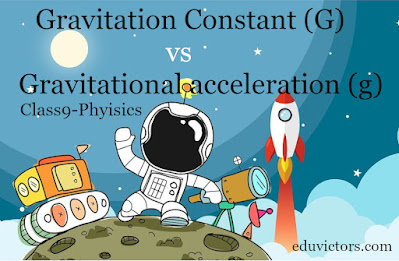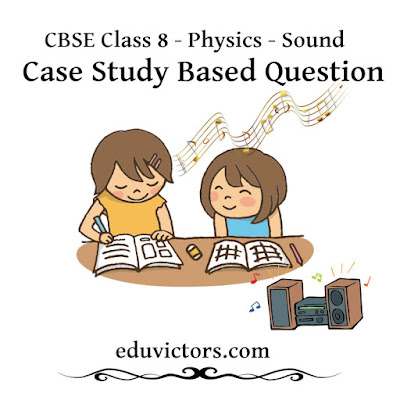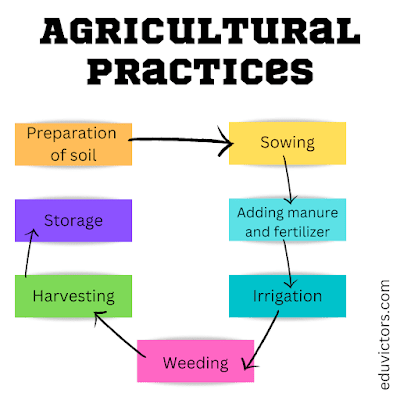Class 9 - Physics - What is the difference between Gravitation Constant (G) and Gravitational acceleration (g)
The gravitational constant (G) is a fundamental physical constant that appears in Newton's law of universal gravitation. It determines the strength of the gravitational force between two objects, and it is always the same, regardless of the distance between the objects or their masses. The value of G is approximately 6.674 x 10⁻¹¹ N(m/kg)².









